Most farmers in Northern Ireland have received their 2020 BPS payments. Payments began on the 16th October and it has been announced that 97% of claimants have now had their money. This amounts to £275m.
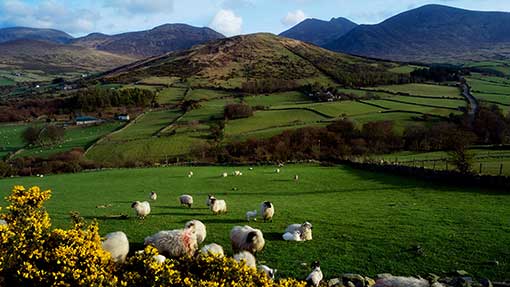
Most farmers in Northern Ireland have received their 2020 BPS payments. Payments began on the 16th October and it has been announced that 97% of claimants have now had their money. This amounts to £275m.

The Environment Bill has restarted its journey through the Parliamentary process, after being dormant since mid-March. The legislation is scheduled to pass through the Committee stage in the Commons before Christmas. The aim would be for the Bill to become law in the early part of 2021. There are a number of proposals in the legislation that will have an effect on agriculture. One is the setting-up of the Office of Environmental Protection (OEP) which will hold the Government to account on environmental matters. It also sets out the broad principles of environmental protection such a ‘polluter pays’ and hazard versus risk-based regulatory approaches which could have relevance in pesticides regulation and fertiliser use. The draft legislation also enacts a concept of biodiversity net gain where any development must result in a net increase of 10% in biodiversity. This offers potential opportunities for landowners in ‘selling biodiversity’ by creating habitats to offset losses elsewhere. Another part of the Bill, Conservation Covenants, will provide a firmer legal footing for agreements to provide such environmental services. As there has been such a hiatus in the progress of the Bill, the Government may be looking to make amendments to the original legislation as policy development has moved-on in the last 6 months.

EU Agricultural Ministers have struck a ‘general approach’ on the three-way CAP Reform regulations. The agreement was reached in the early hours of 21st October, paving the way for trilogue negotiations to kick start with the European Parliament and EU Commission. One of the key elements will see ‘eco-schemes’, such as precision farming, agro-forestry and organic farming becoming mandatory, with 20% of direct payment funding ring fenced for these activities. Both Lithuania and Latvia had grievances over the 20%, saying it was too high and would lead to a reduction in Basic Payments for their farmers who were already below the EU average. Lithuania voted against the package whilst Latvia together with Bulgaria and Romania abstained. Provisions for capping payments and degressivity remain, with Member States able to cap the basic payment at €100,000 and reduce payments from €60,000. Coupled support will still be possible similar to the current percentages (13% +2%) of the national budget.
The EU Farm Chief, Janusz Wojciechowski backed the compromise text stating ‘it provides a good starting point in the trilogue discussions and legal certainty for farmers from next year’. The majority of delegations praised the ‘Herculean’ effort of the German Federal Minister Julia Klockner and her team, whilst others said they would support the text in the ‘spirit of compromise’. In contrast, environmental groups do not believe the plans go any where near far enough on the environment. Although no longer directly relevant to UK farmers CAP reform is still important in respect of what support our closest competitors are receiving. This reform is not especially radical. Direct payments, in the form of the BPS will still be core of farm support across the EU, with some Rural Development type funding in addition. The biggest change under the new CAP is that it aims to be less prescriptive – rather than a single EU-wide regime for support, each country will draw up Strategic Plans setting out how it aims to achieve its goals.

The House of Commons has removed the amendments to the Agriculture Bill proposed in the House of Lords that would have enshrined protection of UK food standards in law. The Commons voted 332 to 279 to reject the Lords amendment that would have required food imports to meet domestic production standards. Other amendments on incorporating climate change requirements into policy and restricting the use of pesticides in certain locations were also rejected. The Bill now returns to the Lords. As their amendments have been rejected once, it seems likely that the current version will be accepted by the Lords. It will then return to the Commons for a final reading. It still seems likely that the Act will receive Royal Assent by the turn of year.
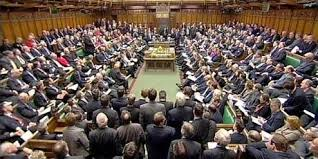
Defra Secretary, George Eustice, has been giving more details of the transition to the Environmental Land Management scheme (ELMs) in recent interviews and at the virtual Conservative Party Conference. However, some of his statements have done more to muddy-the-waters rather than provide clarity.
It is clear that ELM will have three tiers, with the recently announced Sustainable Farming Incentive (SFI) scheme (see last month’s article) being the prototype for Tier 1. This scheme will not be available until 2022, but will be one which most farmers should be able enter. Mr Eustice outlined this as a way of being able to recoup some of the BPS money which will be lost as we go through the Agricultural Transition. No details are available regarding the SFI scheme yet.
Also in 2022 and 2023 the aim is to ‘drive-up participation in the Countryside Stewardship’. The scheme will be simplified, and will be the stepping stone to Tier 2 of ELMs; commitments are likely to be for 3, 5 and 10 years. Ultimately Tier 2 of ELMs will depend on having a Land Management Plan for the farm which is expected be drawn-up between the land manager and an accredited advisor with a menu of options and payment rates. It is this element which will be tested under the ELM pilots in 2021.
In addition, the intention is also to roll out more bespoke schemes, again in 2022/23, which require more complex change of land use, such as woodland creation, peatland restoration. These would form the prototype for Tier 3.
The slightly confusing element is that Mr Eustice referred to a full launch of ELM in 2027 when these ‘prototype’ schemes would be consolidated. This is at odds with previous statements that ELM would launch in ‘late 2024’. It has been indicated in the past that not all elements of ELM would be ready until 2027, even if the scheme launched earlier (although it’s never been clear what wouldn’t be ready and how you could launch an incomplete scheme). It is not clear whether this is what Mr Eustice is referring to, or whether the timetable for ELM really has slipped to 2027. The consultations on future policy due in November may provide more clarity.
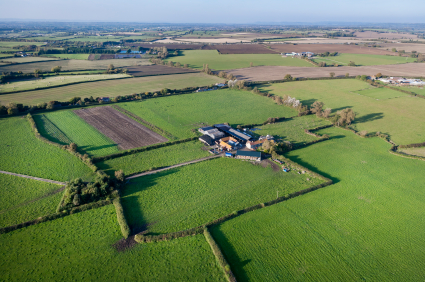
The third round of the Countryside Productivity Small Grants Scheme opened on 7th October for new applications and will close at noon on 4th November. The scheme offers grants of between £3,000 and £12,000 for agricultural equipment, such as livestock handling systems or precision farming equipment, which have been specifically identified to increase the productivity on farms through:
The scheme is simple to apply for and uses an online portal; it gives a set grant for each specific item, meaning quotes are not required. Applicants must wait to see if they are successful before purchasing or paying a deposit for any items. If applicants have applied in the previous two rounds they can apply again under this one, but the overall limit of £12,000 applies across all rounds.
Further advice and a list of eligible equipment can be found via https://www.gov.uk/guidance/countryside-productivity-scheme#small-grants
This is the final round of the Small Grants scheme, but powers have been included in the Agriculture Bill to allow the Government to provide financial assistance to support farmers to invest in equipment, technology and infrastructure that will not only boost their productivity, but also deliver environmental and other public benefits. Further detail on the support available from 2021 is expected to be released later this year.
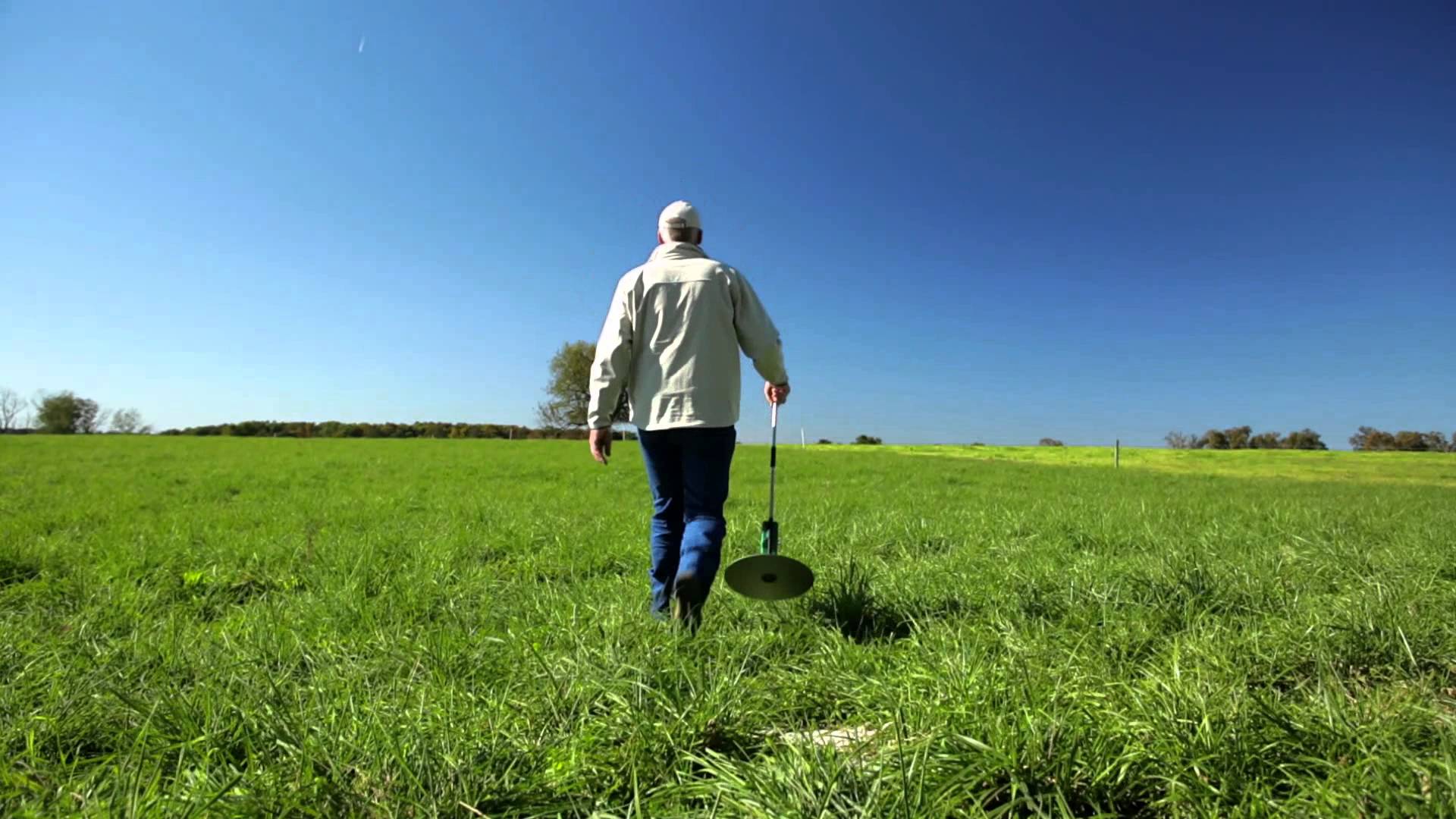
The Scottish Government has launched a consultation on changes to Permitted Development Rights (PDR) under Planning. Feedback is being sought in the following areas:
The full consultation can be found via https://www.gov.scot/publications/consultation-proposals-changes-permitted-development-rights-phase-1-priority-development-types/ Responses need to be made by 12th November.
Permitted Development Rights remove the need to apply for Planning Permission. They typically relate to minor, uncontroversial, developments or changes associated with an existing development and it would be very unlikely for Planning Permission to be refused.
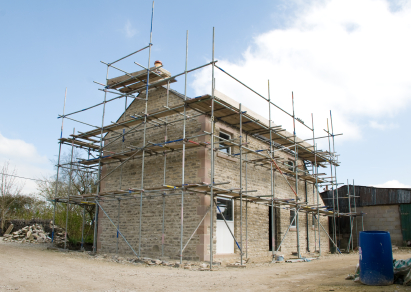
The Prime Minister, Boris Johnson, has pledged that 30% of the UK’s land area will be ‘protected’ by 2030. This is part of an international ’30 by 30′ campaign and was announced ahead of a (virtual) UN summit on biodiversity. The devolved administrations are responsible for land designations in their territories so, by promising on behalf of the whole UK, the Prime Minister is rather exceeding his scope. In terms of England, around 26% of its land area is currently either protected as being part of a National Park or Area of Outstanding Natural Beauty (AONB). The extra 4% equates to around 400,000 hectares. This might come from an extension of existing areas, or completely new designations – for example, National Parks for the Chilterns and Cotswolds have previously been suggested. There is an ongoing review of the whole system of land designation in England – see https://abcbooks.co.uk/national-park-review/ for more details.

The British Retail Consortium (BRC) has estimated that, under a No-Deal Brexit, the cost of importing food and drinks products to the UK would increase by £3.1bn. This equates to £112 per year per household. The analysis only focuses on the effect of tariffs, and does not include extra non-tariff costs, meaning the final figure would be significantly higher.
Further to the Welsh Government’s announcement of £106m worth of funding (see earlier article, Welsh Funding), a number of dates for expressions of interest (EOIs) have now been announced:
More scheme details and EOI documents are expected to be available shortly via the Welsh Government website at https://gov.wales/rural-grants-payments
